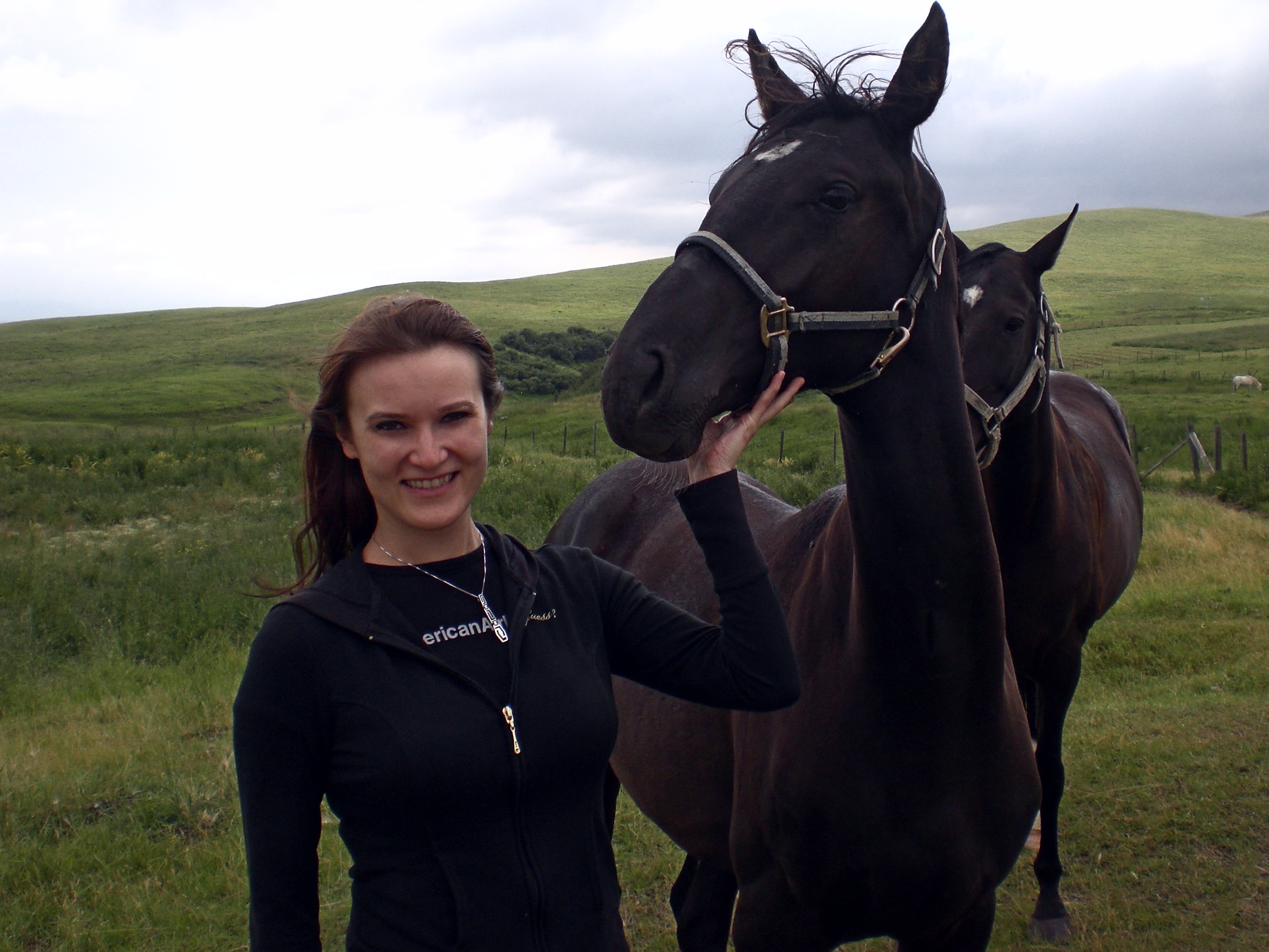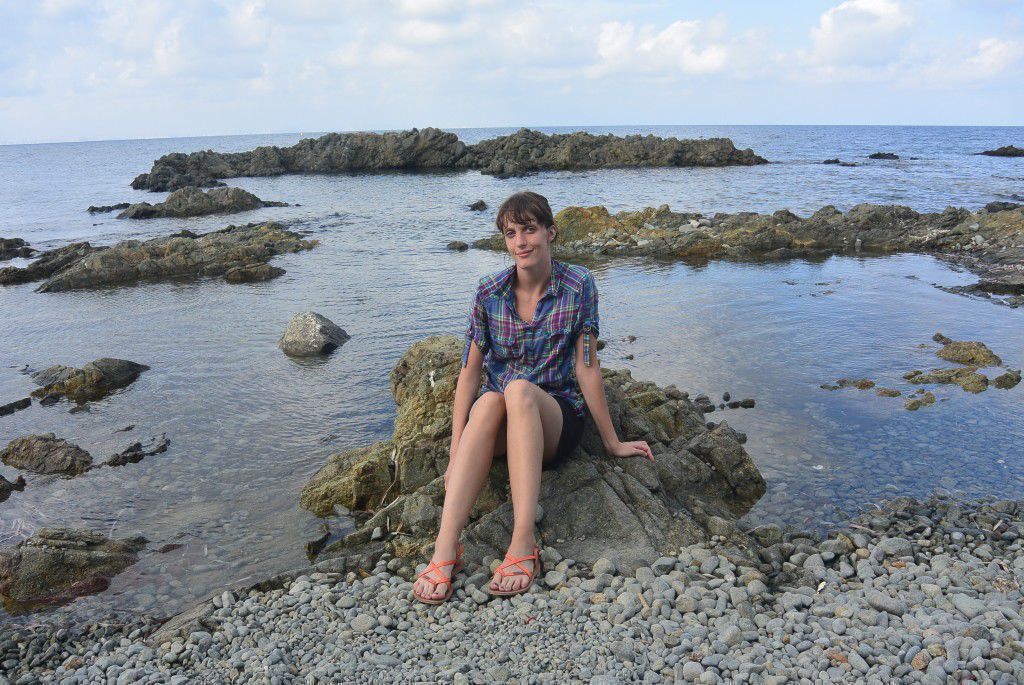Language of the week: Italian
Buongiorno!
Italian is our language of the week, in celebration of an annual tradition, Il Palio, which dates back to the 12th century and is held on the 16th of August.
 This is a horse race unlike any other, and is all over in 90 seconds. It’s held in the beautiful city of Siena, where the 17 districts compete against each other for the glory. Amazingly a district can still win if the horse loses their jockey during the race, as long as they’re over the finish line first (this has actually happened 23 times since records began). If you have a chance to visit Siena while the Palio is on, you should go – the main square is filled with flags from each district and there is an incredible atmosphere throughout the whole town.
This is a horse race unlike any other, and is all over in 90 seconds. It’s held in the beautiful city of Siena, where the 17 districts compete against each other for the glory. Amazingly a district can still win if the horse loses their jockey during the race, as long as they’re over the finish line first (this has actually happened 23 times since records began). If you have a chance to visit Siena while the Palio is on, you should go – the main square is filled with flags from each district and there is an incredible atmosphere throughout the whole town.
If you want to see just how much the Palio is celebrated in Siena have a look at this…
Here are some of the best things we’ve discovered this week about Italian:
- One of the longest words in Italian is ‘precipitevolissimevolmente’ which means ‘extremely quickly’.
- This Italian tongue twister: ‘Trentatré Trentini entrarono a Trento, tutti e trentatré trotterellando’… which means ‘thirty three Trentonians came into Trento, all thirty three trotting.’
- The word ‘Gelato’ means Italian style ice cream (different to normal ice cream for a number of reasons; firstly it is made with a higher proportion of milk to cream, secondly it has a slower churning process and finally it is served at a slightly warmer temperature than ice cream). Gelato is potentially one of the most important words to know in Italian, as the ice cream cone is an Italian invention and Italy is famous for its Gelato. There’s even an ice cream university in Bologna (Carpigiani Gelato University).
- Italian is a Romance language, meaning it has a Latin origin. Gesture could also be considered important to the Italian language, as messages are often conveyed using hands and facial expressions. When in Italy, you’ll probably hear people saying ‘Ciao Bella!’ to each other as a friendly greeting – but if you don’t want to be too familiar, you may wish to stick to ‘Buongiorno’ (good day) the first time you meet someone.
- The Italian alphabet has twenty-one letters in it. It does not include the letters J, K, W, X and Y; these letters can only be found in foreign words that are common in everyday Italian writing.
- To wish someone good luck in Italian, you should say, ‘In bocca al lupo!’, which translates literally as ‘In the mouth of the wolf’. The correct response to this expression is, ‘Crepi il lupo!’, which means ‘May the wolf die!’
Do you have a favourite Italian word or phrase? We would love to hear from you, so feel free to comment below, tweet us @EuroTalk or write to us on Facebook! And if you’d like to learn some Italian, why not try our free demo, or download our uTalk app to get started.
Alex





